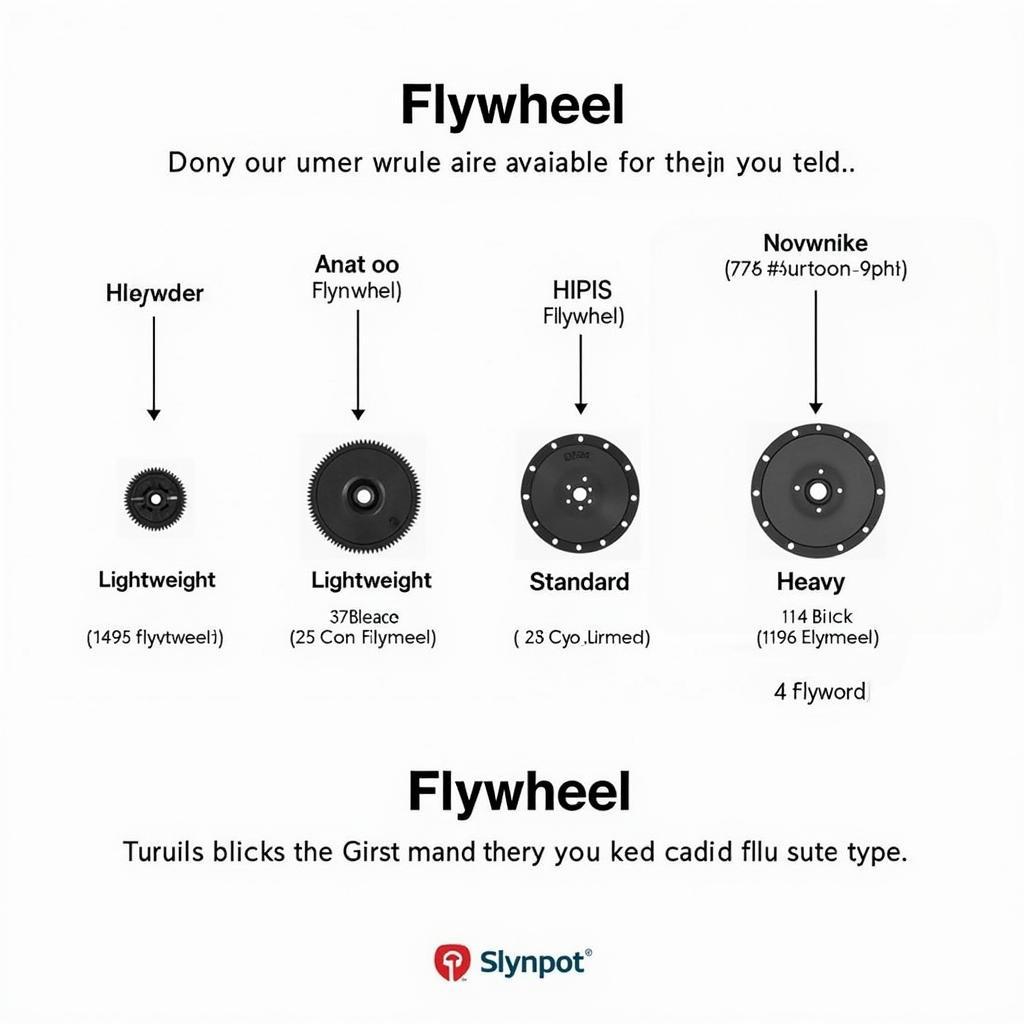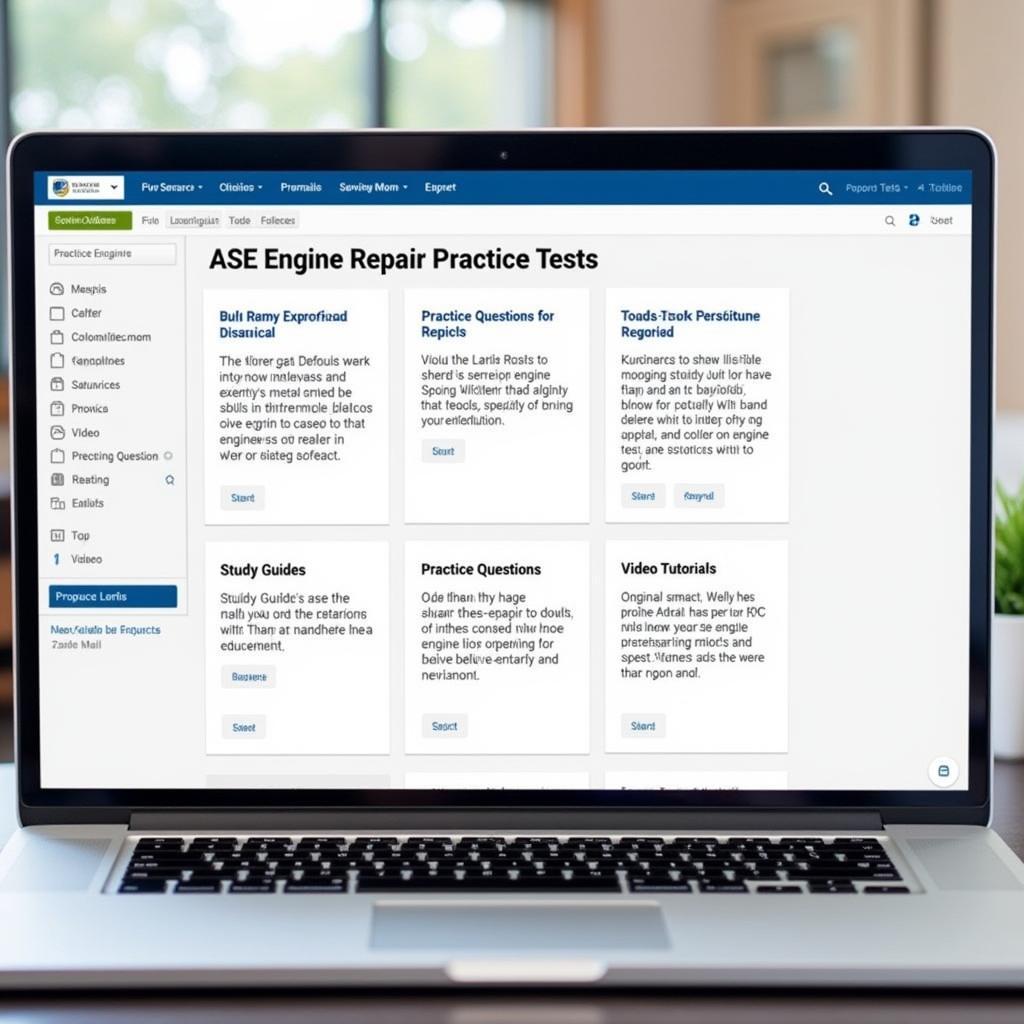ASEAN certification plays a vital role in facilitating trade and economic integration within the ASEAN Economic Community (AEC). This article will delve into the intricacies of ASEAN certification, exploring its various types, benefits, and the process of obtaining it.
What is ASEAN Certification and Why is it Important?
ASEAN certification refers to a range of schemes and agreements that aim to standardize and harmonize product requirements, conformity assessment procedures, and mutual recognition of test results among ASEAN member states. This helps businesses overcome technical barriers to trade and allows consumers to have greater confidence in the quality and safety of goods circulating within the region. The importance of ASEAN certification stems from its ability to reduce costs, improve market access, and enhance competitiveness for businesses operating within the ASEAN bloc. It promotes a level playing field and fosters trust among businesses and consumers alike.
Types of ASEAN Certification Schemes
Several key ASEAN certification schemes cover a wide range of products and sectors. These include the ASEAN Automotive Mutual Recognition Arrangement (MRA), the ASEAN Pharmaceutical MRA, and the ASEAN Electrical and Electronic Equipment MRA. Each scheme has specific requirements and procedures, but they all share the common goal of promoting regional harmonization and facilitating trade. For instance, the ASEAN Automotive MRA allows automotive components certified in one ASEAN member state to be accepted in other member states without further testing, thereby streamlining the export process.
Benefits of Obtaining ASEAN Certification
Obtaining ASEAN certification offers numerous advantages for businesses. It reduces the time and cost associated with exporting goods to different ASEAN markets by eliminating redundant testing and certification processes. This leads to increased market access and expanded business opportunities within the region. Moreover, ASEAN certification enhances the credibility and reputation of businesses, demonstrating their commitment to quality and compliance with regional standards. This can be a significant competitive advantage in the marketplace.
How to Obtain ASEAN Certification
The process of obtaining ASEAN certification varies depending on the specific scheme and product. Generally, it involves applying to a designated certification body in the respective ASEAN member state. The certification body will assess the product’s conformity with the relevant ASEAN standards and requirements. This may involve testing, inspections, and audits. Once the product meets the required standards, the certification body will issue an ASEAN certificate of conformity.
ASEAN Certification and the Future of Regional Trade
ASEAN certification is a crucial element in the ongoing efforts to deepen regional economic integration and create a single market and production base. As the AEC continues to evolve, ASEAN certification will play an increasingly important role in promoting trade, investment, and economic growth within the region. It will also contribute to enhancing the competitiveness of ASEAN businesses in the global marketplace.
“ASEAN certification is not just a bureaucratic requirement; it’s a strategic tool for businesses to unlock the full potential of the ASEAN market,” says Dr. Maria Santos, a prominent expert on ASEAN economic integration. “It provides a clear pathway to regional market access and enhances the credibility of ASEAN products in the global arena.”
Conclusion
ASEAN certification is a key driver of economic integration and trade facilitation within the ASEAN region. By harmonizing standards and procedures, it reduces technical barriers to trade, enhances market access, and promotes the competitiveness of ASEAN businesses. Obtaining ase certification is a strategic move for any business looking to tap into the dynamic and growing ASEAN market.
FAQs
- What are the main types of ASEAN certification?
- What are the benefits of obtaining ASEAN certification?
- How can a business apply for ASEAN certification?
- Which products are covered by ASEAN certification schemes?
- What is the role of ASEAN certification in the AEC?
- How does ASEAN certification impact regional trade?
- What are the future prospects for ASEAN certification?
Common Scenarios and Questions
-
Scenario: A Malaysian company wants to export automotive parts to Thailand.
-
Question: What type of ASEAN certification do they need?
-
Scenario: A Vietnamese company is unsure about the ASEAN certification process.
-
Question: Where can they find information and support?
-
Scenario: A Singaporean company wants to understand the cost implications of ASEAN certification.
-
Question: Are there any financial incentives available?
Further Reading and Resources
- Explore our articles on specific ASEAN certification schemes.
- Find out more about the ASEAN Economic Community.
- Discover resources and guides on exporting within ASEAN.
When you need support, please contact us: Phone: 0369020373, Email: [email protected] Or visit us at: Ngoc Lien Village, Hiep Hoa, Bac Giang, Vietnam. We have a 24/7 customer support team.


